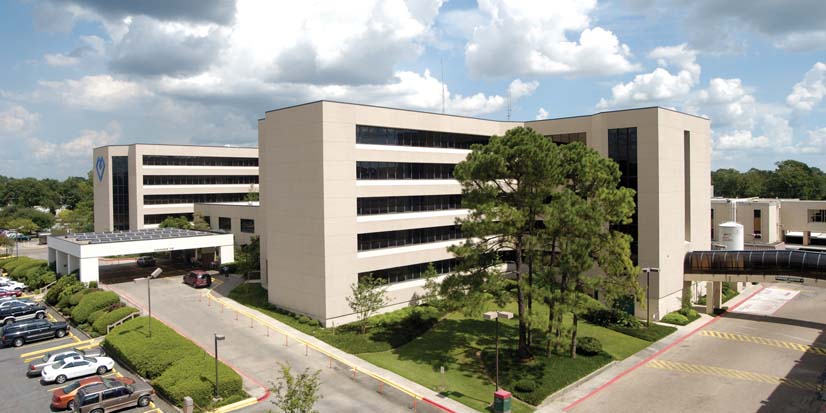
If you’ve ever felt like your shoulder was staging a slow, stiff rebellion — you might be dealing with frozen shoulder. Officially called adhesive capsulitis, it’s when your shoulder becomes painful and stiff over time, often for no clear reason. The “capsule” of connective tissue around your shoulder joint gets thick and tight, limiting your range of motion and making everyday tasks harder than they should be.
Frozen shoulder usually follows a pattern, and the process can take months or even years:
- Freezing stage – Movement hurts, and your range of motion starts to shrink.
- Frozen stage – Pain may ease up, but stiffness sticks around.
- Thawing stage – Things gradually loosen up and you start getting back to normal.
This condition tends to pick favorites, unfortunately. The most likely to be affected are:
- Women between 40 and 60 – Yep, especially during perimenopause or menopause, when hormones are shifting.
- People with diabetes – Your risk jumps if you’re managing type 1 or type 2 diabetes.
- Those recovering from shoulder surgery or injury – If your arm has been in a sling or you’ve had limited mobility, your shoulder might start to stiffen up. This is especially common after mastectomies.
- Those with certain medical conditions – Including thyroid disorders, heart disease, and Parkinson’s disease.
If you fit any of these boxes and you’ve noticed your shoulder just won’t budge, it’s worth getting it checked. What can be done about it? The good news is that frozen shoulder isn’t forever, and there are ways to speed it along. Treatment usually includes:
- Physical therapy – Stretching and strengthening can work wonders over time.
- Medications – Anti-inflammatories help ease the pain so you can move more comfortably.
- Steroid injections – These can reduce swelling and speed healing.
- Surgery or manipulation (in rare cases) – If nothing else helps, there are more aggressive options.
If reaching for the top shelf feels like scaling Mount Everest, or you can’t fasten your bra without wincing — it’s time to call in the pros. The earlier you start treatment, the better your chances of a smoother (and quicker) recovery. At Baton Rouge General, our physical therapists know shoulders inside and out. Whether it’s frozen, aching, or just not moving the way it used to, we’re here to help thaw things out — and get you back to waving, reaching, and high-fiving with ease.


